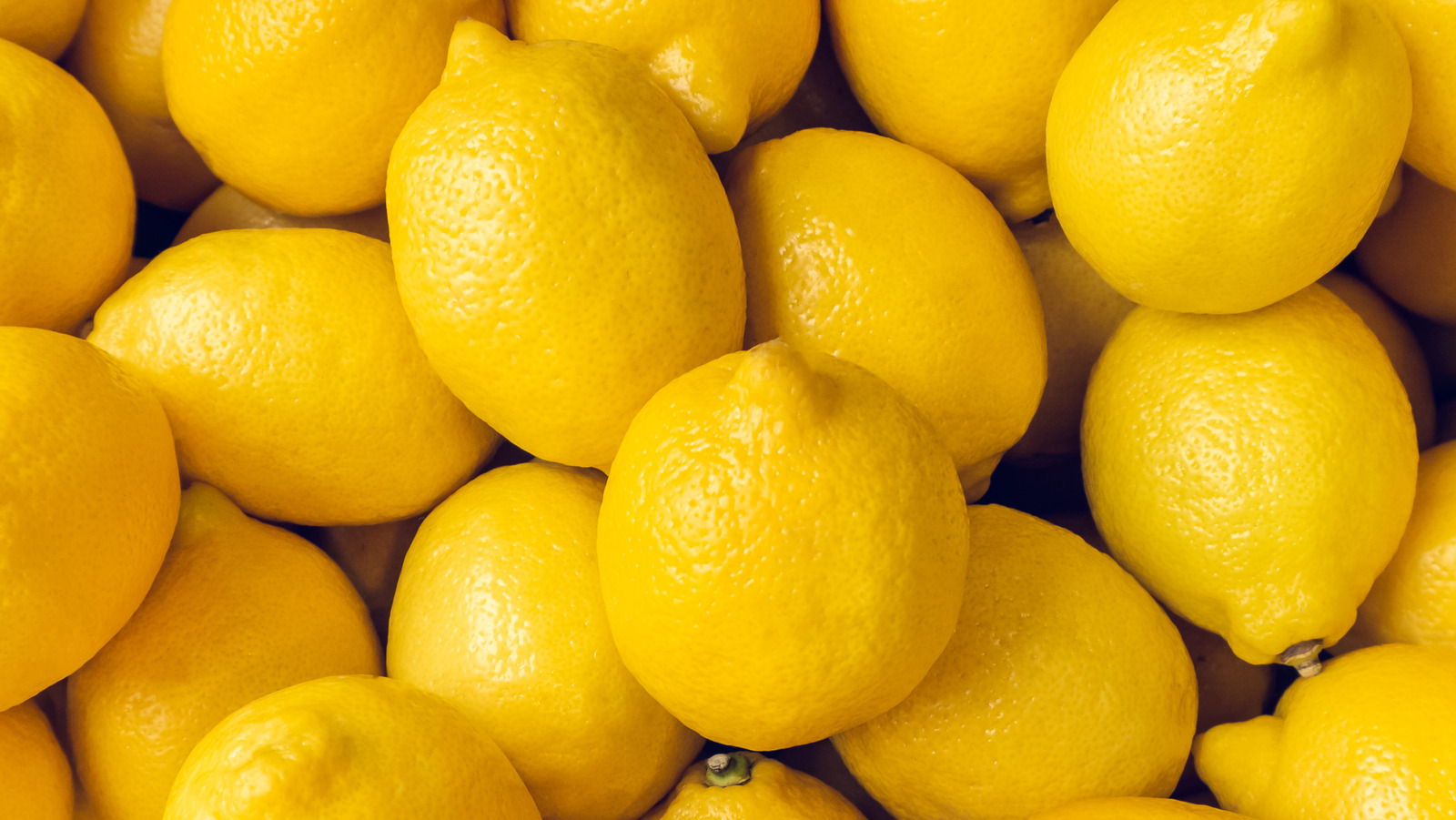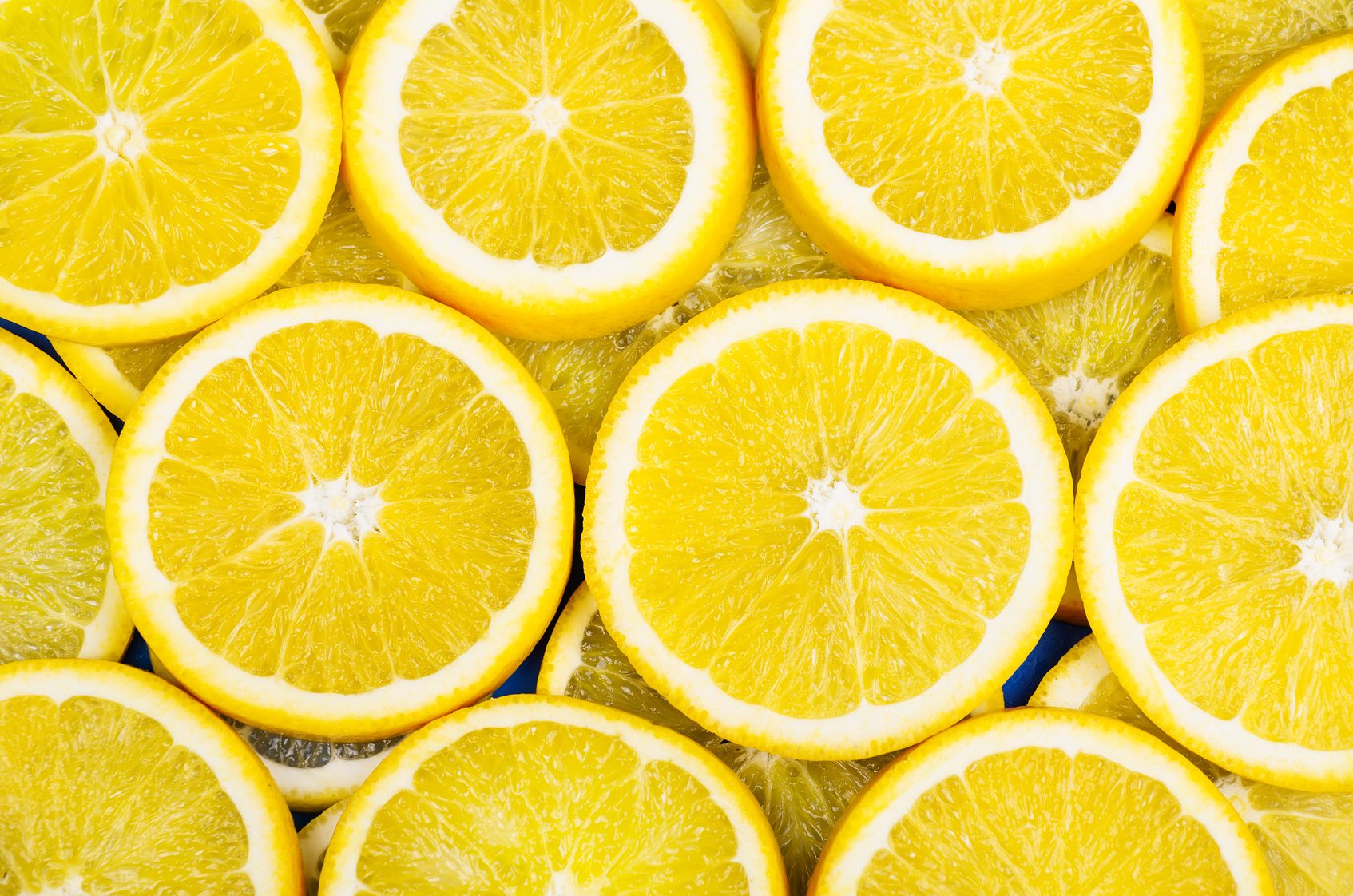Imagine for a moment a wonderful collection of lemon-inspired treats or drinks, perhaps a selection of lemon drops, each offering its own unique tang and brightness. This delightful experience, often called a "lemon drop flight," truly highlights the amazing versatility of the lemon fruit. It’s a chance to savor the different ways this sunny citrus can bring joy to your taste buds, from a classic sweet-tart sip to something with a little more depth. It is, you know, a pretty special way to appreciate this fruit.
To truly appreciate these "lemon drop flights," it helps to think about where those wonderful lemons actually come from. Many folks, like you, might even grow their own lemon trees, hoping for a steady supply of fresh, fragrant fruit. It's a rewarding endeavor, to be honest, watching those little green buds turn into plump, yellow globes ready for squeezing or mixing into your favorite concoction. You see, the journey from tree to glass is quite a process.
Yet, sometimes, the path to a perfect lemon harvest isn't always smooth. Even the most cared-for lemon trees can face little troubles, which can, in a way, put a damper on your plans for a refreshing "lemon drop flight." We're going to explore some common issues that lemon growers sometimes encounter, the kinds of things that can make you scratch your head and wonder what's going on with your precious plant. It’s all part of the big picture when it comes to enjoying lemons.
- Andrew Garfield Buff
- Ross Geller Fajitas
- Will Levis Video Gia Duddy
- When Does A Comet Become A Meteor Edits
- Bethenny Frankel Lashes
Table of Contents:
- Understanding Lemon Tree Life
- Why Do Tiny Lemons Sometimes Fall Off?
- What Causes Wet Spots and Soft Lemons?
- How Can You Protect Your Lemon Drop Flight's Source?
- What About Those Yellow and Brown Leaves?
- Are Pests Interrupting Your Lemon Drop Flights?
- Can Bottled Lemon Juice Be a Good Substitute?
- What Is That Orange Stuff on My Plants?
Understanding Lemon Tree Life
Growing a lemon tree, especially a Meyer lemon, is a truly delightful pursuit for many who enjoy fresh ingredients for their kitchen creations or, you know, those wonderful "lemon drop flights." These particular trees are known for their ability to produce fruit for much of the year, which is quite handy. They typically have two main periods when they put out a lot of blossoms, promising a bountiful supply of future lemons. It’s almost like they are always ready to give.
You might notice your tree looking very healthy, putting out lots of lovely blooms, and then, after those flowers fade, a good number of tiny lemons start to form. This is, in a way, a very exciting time for anyone hoping for a good harvest. It shows the tree is doing what it should, working to produce fruit. This early stage is a sign of good health and potential for all those zesty drinks and dishes you have in mind, basically.
Why Do Tiny Lemons Sometimes Fall Off?
It can be a little disheartening, can't it, when you see your young lemon tree, full of tiny, promising fruits, only to find many of them dropping off within a month or two? This is a pretty common occurrence for lemon growers, and it often leads to questions about what might be going wrong. It’s not always a sign of something seriously amiss, but it’s definitely something to pay attention to, particularly if you’re planning on a future "lemon drop flight."
Sometimes, a tree will naturally shed some of its smaller fruits. This happens because the tree is, in a way, making a choice about how many fruits it can truly support and bring to full size. If it sets too many tiny lemons, it might not have enough energy or resources to grow all of them into big, juicy ones. So, it drops the ones it can’t sustain. It’s a bit like a natural thinning process, ensuring the remaining fruits get what they need. However, if a very large number of them are falling, that might point to other issues, like not enough water or nutrients, or perhaps sudden changes in the surroundings. For instance, a tree kept in a sunroom might experience variations in temperature or light that could cause this, which is something to consider.
A lemon tree needs consistent care, especially when it’s trying to hold onto its baby fruits. Factors like how much water it gets, the quality of the soil, and even the amount of light it receives can all play a part. If any of these elements are a little off, the tree might decide to let go of some of its fruit load. It’s a very delicate balance, and any significant shift can upset it. So, ensuring your tree has a steady and suitable environment is pretty important for those developing lemons, ultimately contributing to your eventual "lemon drop flight" ingredients.
What Causes Wet Spots and Soft Lemons?
Discovering wet spots on your Meyer lemon tree's leaves and noticing that the small lemons are becoming soft can be a bit concerning. These symptoms suggest that something is not quite right with the plant's overall health. It’s a signal, you know, that the tree might be struggling with something, and it’s worth investigating to keep your future "lemon drop flights" on track. This kind of thing can happen to even the most well-cared-for plants.
When leaves show what look like wet spots, it could be a sign of a few different things. Sometimes, it's related to how much water the plant is getting or how well the soil drains. Too much moisture can sometimes lead to issues on the leaves. As for the lemons getting soft while still small, this is often a symptom of the plant not being able to properly develop them. It might be due to a lack of proper nutrients, or perhaps the roots are having trouble, or it could be related to some sort of disease. A tree that was just planted, say, two weeks ago, in a big pot with recommended potting soil, might still be adjusting to its new home. This adjustment period can sometimes cause stress, showing up as these particular symptoms. It’s a bit of a settling-in period for the plant, after all.
The type of soil you use and how you water are very important. Even if you use what's recommended, the way the water moves through the pot and how often you water it can make a big difference. A tree that’s just been moved can be a little sensitive, so, it’s worth checking the soil moisture regularly and making sure the pot has good holes for water to escape. These steps can help the tree settle in better and reduce the chances of those wet spots and soft fruits, keeping the promise of future "lemon drop flights" alive and well.
How Can You Protect Your Lemon Drop Flight's Source?
For those of us who grow citrus trees, like grapefruit, lemon, and lime, in pots, a common challenge can be dealing with certain flying visitors. You know, when you see those beautiful monarch butterflies fluttering around your garden, it’s a lovely sight, but for citrus growers, it can sometimes mean trouble for your plants. They are, after all, looking for places to lay their eggs, and your citrus leaves are quite appealing to them, it seems.
The issue arises because while the butterflies



Detail Author:
- Name : Destinee Kuhn
- Username : alfonso.abbott
- Email : concepcion65@mccullough.com
- Birthdate : 1990-11-18
- Address : 5653 Guy Plains North Willard, TN 71648
- Phone : (763) 505-6312
- Company : Kling LLC
- Job : Air Crew Member
- Bio : Et et temporibus occaecati qui. Quia harum dolorum praesentium voluptatem recusandae possimus sequi. Harum tempora consectetur cum vel cumque qui.
Socials
facebook:
- url : https://facebook.com/jbayer
- username : jbayer
- bio : Voluptates voluptatem expedita delectus quia impedit dolores placeat.
- followers : 461
- following : 1983
twitter:
- url : https://twitter.com/justice_bayer
- username : justice_bayer
- bio : Consequatur vero vel excepturi voluptates autem. Recusandae atque dolores cumque aut et et. Expedita sint molestiae tenetur recusandae non ut voluptas.
- followers : 2852
- following : 664
tiktok:
- url : https://tiktok.com/@justice_bayer
- username : justice_bayer
- bio : Architecto minus officiis itaque placeat atque velit voluptatem.
- followers : 3093
- following : 1802